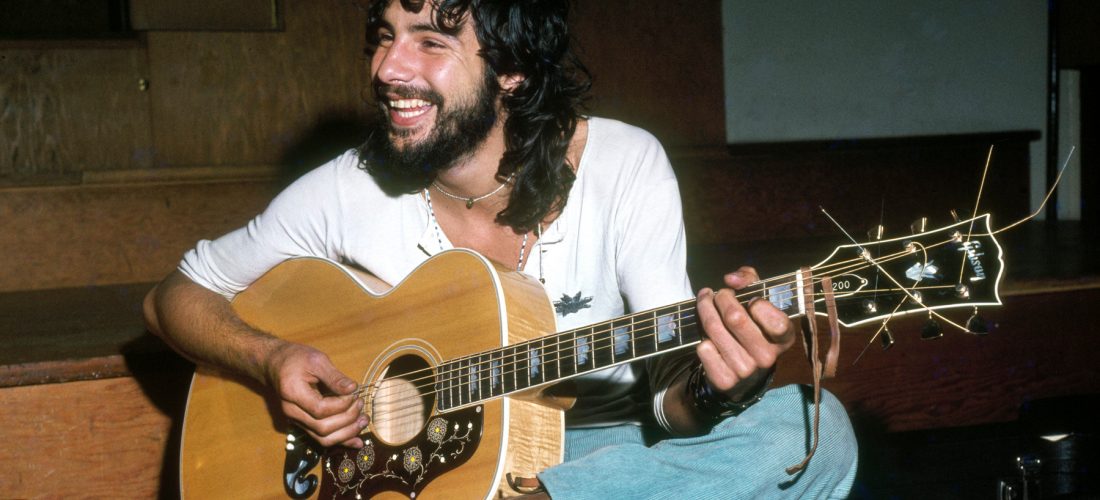Yusuf/Cat Stevens Makes a Classic Feel Relevant With ‘Tea for the Tillerman²’
Cat Stevens was just 22 years old when he created his masterpiece, Tea for the Tillerman. It was his second album of 1970, as he reflected on his year of convalescence after contracting tuberculosis. 50 years later, under the name Yusuf, he’s decided to rerecord his breakthrough for the album’s anniversary, aptly titling it Tea for the Tillerman².
Decades spent not drinking or smoking have left his voice remarkably preserved. At 72, he sings in a deeper, grittier register, making the songs sound more mystical than they did in 1970. The new arrangements — recorded with the original album’s producer Paul Samwell Smith and guitarist Alun Davies — also allow them to stand completely on their own. The beloved “Wild World” is now a waltz, with the breezy Seventies la la la’s replaced by an accordion. “If you’re gonna leave, take good care,” he sings, dancing away before the lover can even respond. “On the Road to Find Out” was once a charming ditty of self-discovery, but now it’s a bluesy banger that relies on thumping percussion and a lifetime of experience; he’s long completed the journey, but he’s revisiting for old time’s sake.
There are some surprises on the record, particularly “Longer Boats,” which features a powerful speech from rapper Brother Ali. On “Father and Son,” the heart-wrenching highlight that explores a strained relationship, he duets with his younger self. Yusuf takes the role of the father, while Cat Stevens’ performance at the Troubadour in 1970 appears as the son. It’s a duality that feels cohesive, yet it’s always been the same old story.
Hearing it reimagined 50 years later, the album’s themes — transcendence, renewal, breaking free of materialism — resonate even more than they did all those years ago. It’s almost too much to hear “Where Do the Children Play?” when the world is literally in flames, but Tillerman offers a welcome respite to these turbulent times. It always has.
